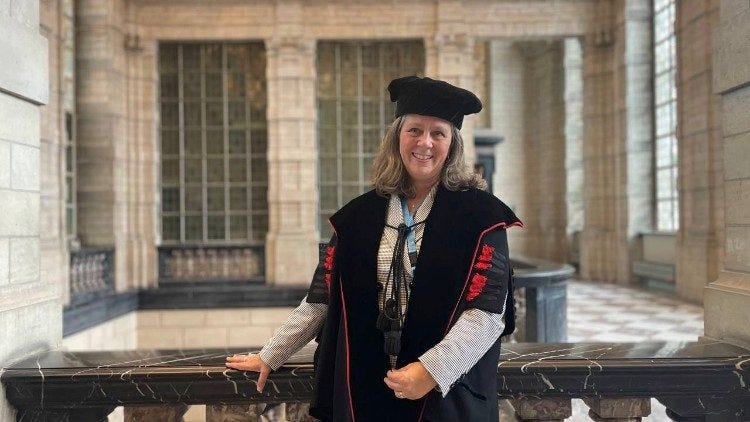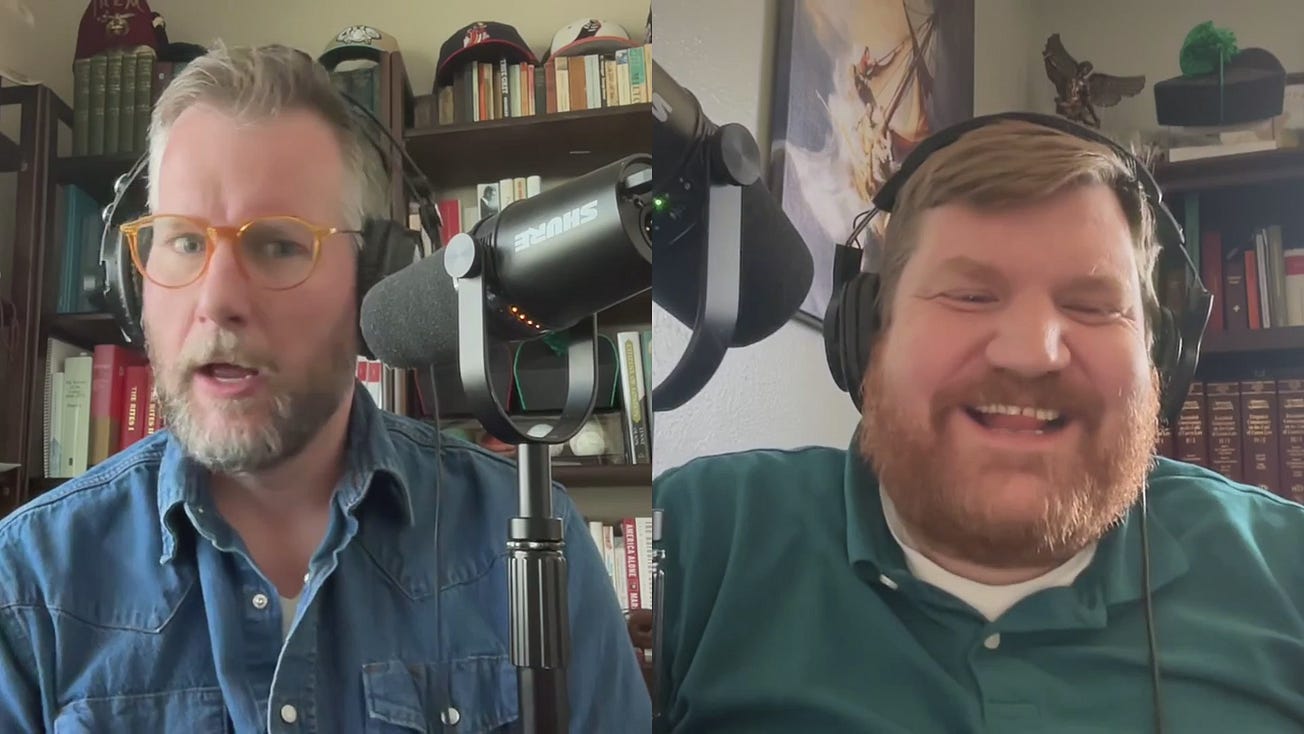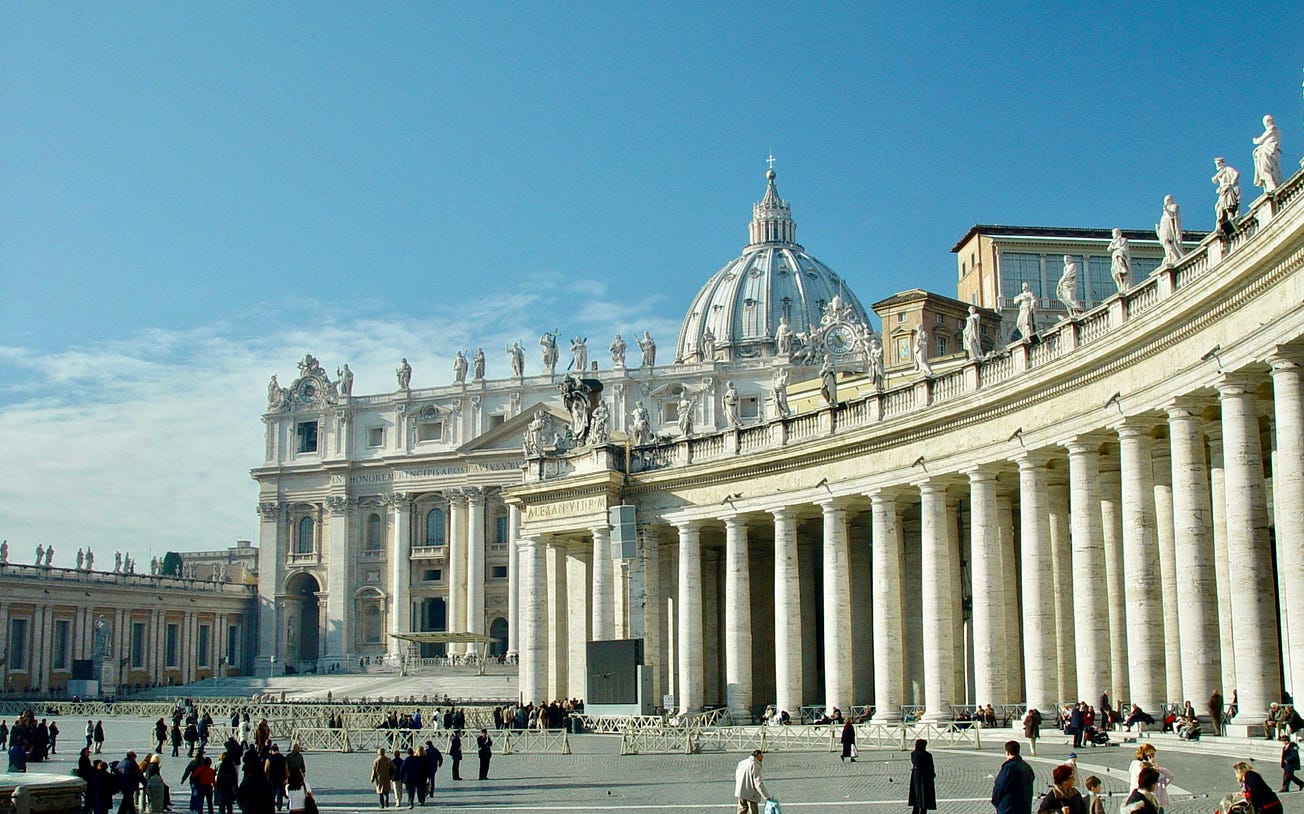An Indian priest began a three-day hunger strike Tuesday in protest against the “abuse of power” amid the Syro-Malabar Catholic Church’s liturgy dispute.
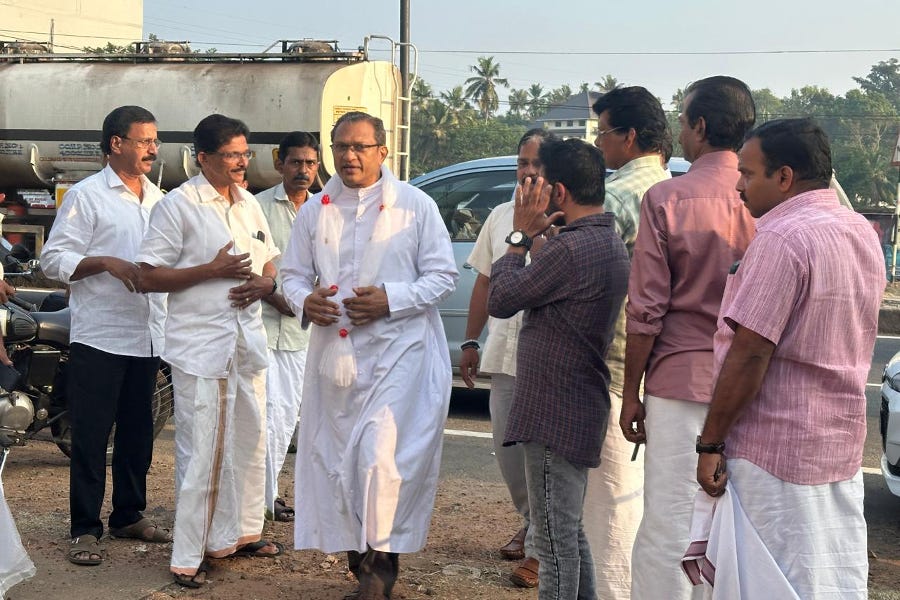
Fr. Joyce Kaithakottil, a priest of the troubled Archeparchy of Ernakulam-Angamaly, began the protest Jan. 7 near St. George Basilica in Angamaly, a municipality in the Ernakulam district of Kerala, southern India.
Alongside the majority of priests and lay people in the archeparchy, Kaithakottil opposes efforts to impose a new “uniform” Eucharistic liturgy on local parishes.
The Ernakulam-Angamaly archeparchy is the most populous diocese of the Syro-Malabar Church, the largest of the 23 Eastern Catholic Churches in full communion with the pope after the Ukrainian Greek Catholic Church.
The archeparchy, which serves more than half a million Catholics, is the seat of Syro-Malabar leader Major Archbishop Raphael Thattil but governed day-to-day by an apostolic administrator, Bishop Bosco Puthur.
Kaithakottil’s protest coincides with a meeting of the Synod of Bishops, the Syro-Malabar Church’s governing body, which asked all dioceses to accept the standardized liturgy in 2021, with the support of Pope Francis.
Priests of the Ernakulam-Angamaly archeparchy have engaged previously in hunger strikes against the new liturgy.
In 2022, Cardinal Leonardo Sandri, then prefect of the Dicastery for the Eastern Churches, urged clergy “to avoid activism and protests using non-ecclesial and non-Christian methods such as hunger strike usque ad mortem [until death]”
Kaithakottil told The Pillar Jan. 6 that his fast would end Thursday evening. During the protest, he will remain at the site, where a stage has been erected, accompanied by priests and lay people who will join him in prayer.
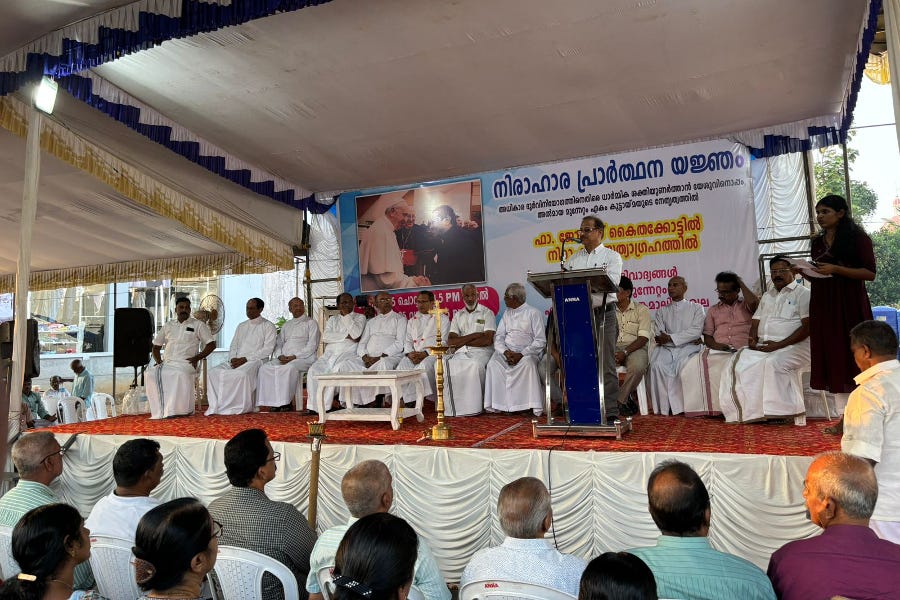
“The theme for my hunger strike is it is against the abuse of power, and also it empowers people morally to stand against the abuse of power,” the 61-year-old priest said via WhatsApp.
Kaithakottil said the protest was directed at the actions of the apostolic administrator Bishop Puthur and the local curia, which Puthur controversially overhauled in October.
Puthur has initiated disciplinary action against four priests accused of defying orders in relation to the new liturgy’s introduction. A special tribunal, established Dec. 18 by Major Archbishop Thattil, will review the disciplinary measures.
“Bishop Bosco Puthur and his team, the curia, have initiated immoral disciplinary actions,” Kaithakottil said. “Therefore, they are abusing their power to restrict them [the priests].”
Kaithakottil took issue with media descriptions of him as a “rebel priest.”
He said: “I’m not a rebel priest, but if you think Jesus was a rebel, I too am a rebel priest. That way, in the biblical sense, I don’t mind accepting that term. But otherwise, I’m not a rebel priest. I’m working as a priest in a parish and I think people are supporting my activities here.”
Relations between priests and ecclesiastical authorities in the Ernakulam-Angamaly archeparchy deteriorated in 2017, when the archeparchy was hit by the so-called “land scam” scandal.
The scandal, which focused on real estate transactions that reputedly lost the archeparchy $10 million, prompted priests to demand the resignation of the then-Major Archbishop, Cardinal George Alencherry, who rejected allegations of wrongdoing.
In recent years, the archeparchy has become a bastion of resistance against the new uniform liturgy.
In the new uniform mode of the Eucharistic liturgy, which is known as the Holy Qurbana, the priest faces the people during the Liturgy of the Word, turns toward the altar (ad orientem) for the Liturgy of the Eucharist, and faces the people again after Communion.
In the Ernakulam-Angamaly archeparchy, most priests and lay people believe clergy should be allowed to continue celebrating the liturgy facing the people throughout (versus populum), arguing that it is more in line with the reforms of Vatican Council II.
Catholics in the archeparchy have expressed their opposition to the new liturgy through boycotts and the burning of cardinals in effigy, as well as burning letters from Church officials and turning them into paper boats.
In June, Syro-Malabar leaders declared that priests refusing to adopt the new liturgy by July 3 would be in schism and barred from ministry.
Just before the deadline passed, both sides reached a compromise in which parishes could continue celebrating the liturgy versus populum if they provided at least one uniform Eucharistic liturgy on Sundays and major feast days.
The Ernakulam-Angamaly archeparchy later clarified that the dispensation for the archeparchy’s priests to continue celebrating the versus populum liturgy was a “temporary concession,” rather than a recognition of a right.
In a Dec. 19 statement announcing the creation of a special disciplinary tribunal, the archeparchy said: “The uniform mode of celebration of the Holy Qurbana, introduced on Nov. 28, 2021, has faced resistance despite consistent efforts by the Holy Father, the Dicastery for the Eastern Churches, the Synod of Bishops of the Syro-Malabar Church, the Major Archbishop, the Apostolic Administrator, and the Pontifical Delegate [Archbishop Cyril Vasil’, S.J.].”
“The ongoing indiscipline has caused discord among the faithful and unrest in the community, prompting the need for this special tribunal.”
The Syro-Malabar Synod of Bishops is meeting Jan. 6-11 at the Eastern Church’s Mount St. Thomas headquarters. It is not known whether the more than 50 active and retired bishops will discuss the crisis in the Ernakulam-Angamaly archeparchy.
In a Jan. 6 appeal to the Synod, members of religious orders argued the conflict in the archeparchy could be resolved by honoring the compromise reached last year.
The appeal’s signatories called for “the implementation of this mutually accepted decision to bring an end to the ongoing disputes and unrest.”
Asked if he was inspired to fast by Mahatma Gandhi, the Indian leader who regularly undertook protest fasts, Fr. Kaithakottil said: “It is the legacy of Gandhi. It has become a normal form of protest to reach the truth.”
“But as for me, though the mode of protest is Gandhian, I am inspired by Jesus who is the truth. [I am] also inspired by the Lukan text 4:16-22 and Matthew 12:20 in the gospels.”

